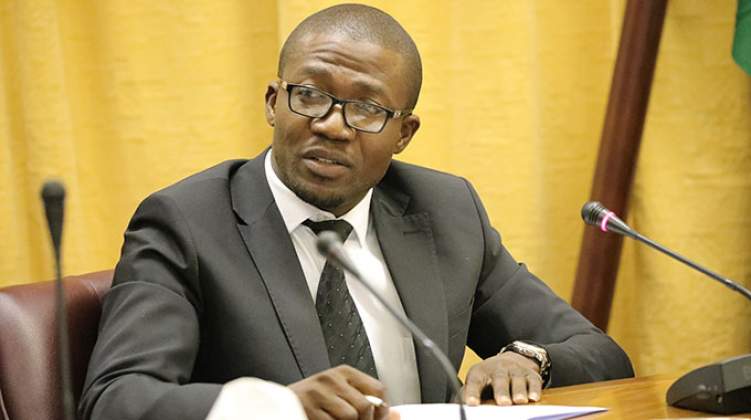The practice by retailers to increase prices of goods is likely to continue unabated as government dithers on introducing price controls.
In an interview with CITE, Minister of Industry and Commerce, Mangaliso Ndlovu, confirmed the issue of profiteering was “rampant” and of interest to the government, which could only address the challenge with a long term view.
He said authorities were tempted to effect price controls but could not, as that would be unsustainable and unfair to the market.
“We are quite concerned really about the prices, well the temptation to put control as much as it might be there is something that we have been clear it is not sustainable, it doesn’t work so the other belief we have as we continue to stabilize the economy. The increase of prices is a reflection of a problem elsewhere,” noted the industry minister.
Retailers started hiking prices of goods and services fervently last year, especially after the introduction of the two percent tax which was introduced by the government in October.
This resulted in retailers and other service providers increasing their prices while the value of the RTGS Dollar (then Bond note) fell against the United States (US) Dollar although the government insisted the exchange rate was equal at 1:1.
However, the industry minister had high hopes that the country’s National Stabilisation Programme (NTP) would eventually address the issue of prices.
“We hope our economic stabilisation process will eventually address the issue of prices, we need to deal with the supply side as well and as supply increases, we hope prices would stabilise. But we also want to urge retailers to desist from profiteering. It’s rampant as it stands now and we want to discourage that kind of behaviour. They are actually pricing their goods out of the market it really doesn’t make business sense in my view,” Ndlovu said.
The minister lamented that it was a challenge when a solution was expected to come out from the government when it actually engaged the business community over such challenges.
“An ideal environment is where market forces determine the price levels and that is what we are striving for. Believe you me, the short term solution would be to control prices whose long term effects are quite detrimental. So we need to address or approach these challenges with a long term view of what we are doing,” Ndlovu said.
As an attempt to address price hikes and the ‘sick’ economy, the Reserve Bank of Zimbabwe introduced a new form of money known as RTGS Dollars in its 2019 Monetary Policy Statement in February.
These “RTGS Dollars” basically consist of RTGS balances, bond notes and coins and is not tied on the 1:1 rate against the US Dollars but would be sold at a variable exchange rate in the formal banking system, meaning banks would fix the rate of the currency.
“We are quite certain that with the measures we have taken to stabilise the currency side we should see a semblance of normalcy coming back and that is our expectation,” Minister Ndlovu said.

